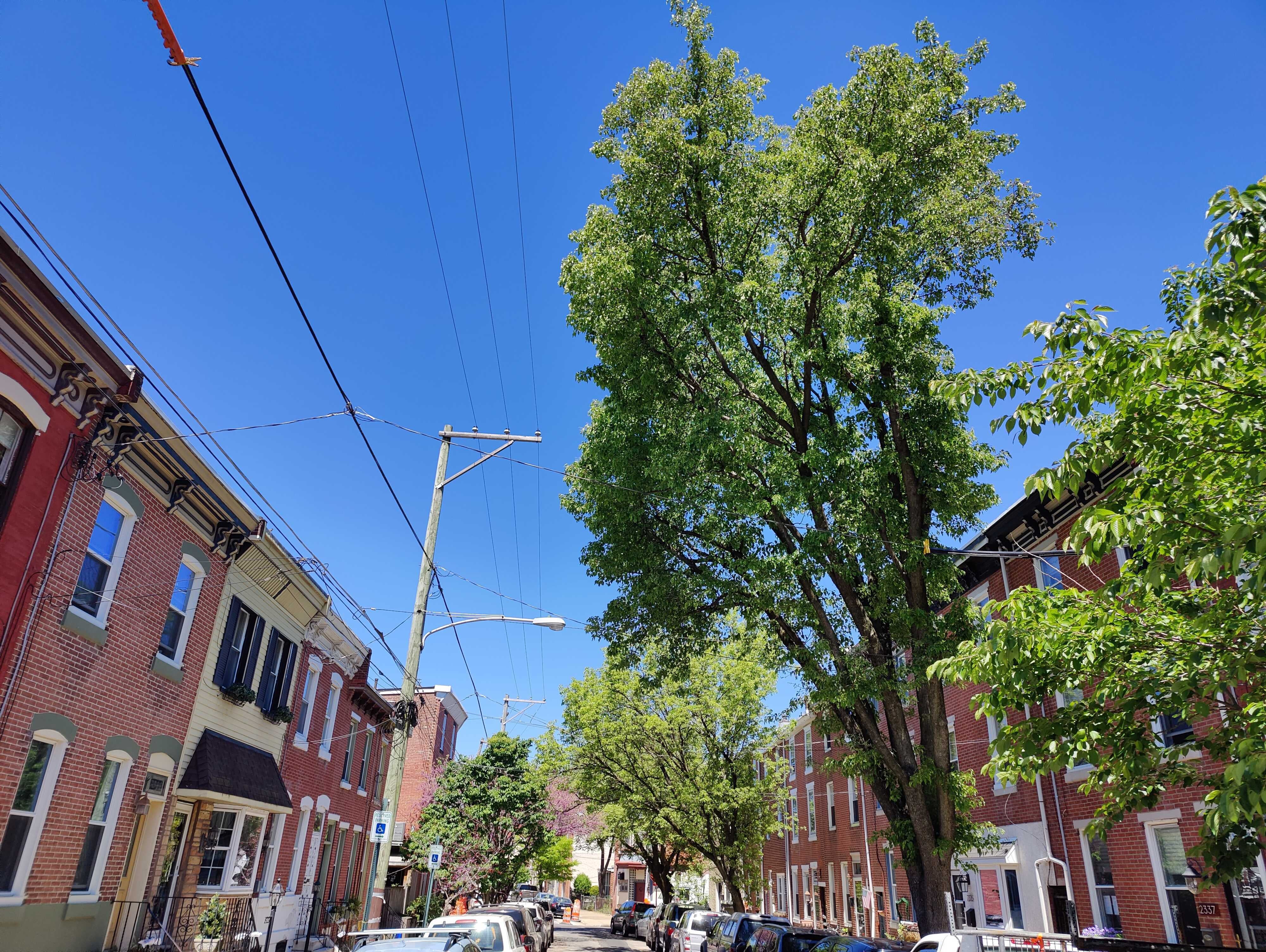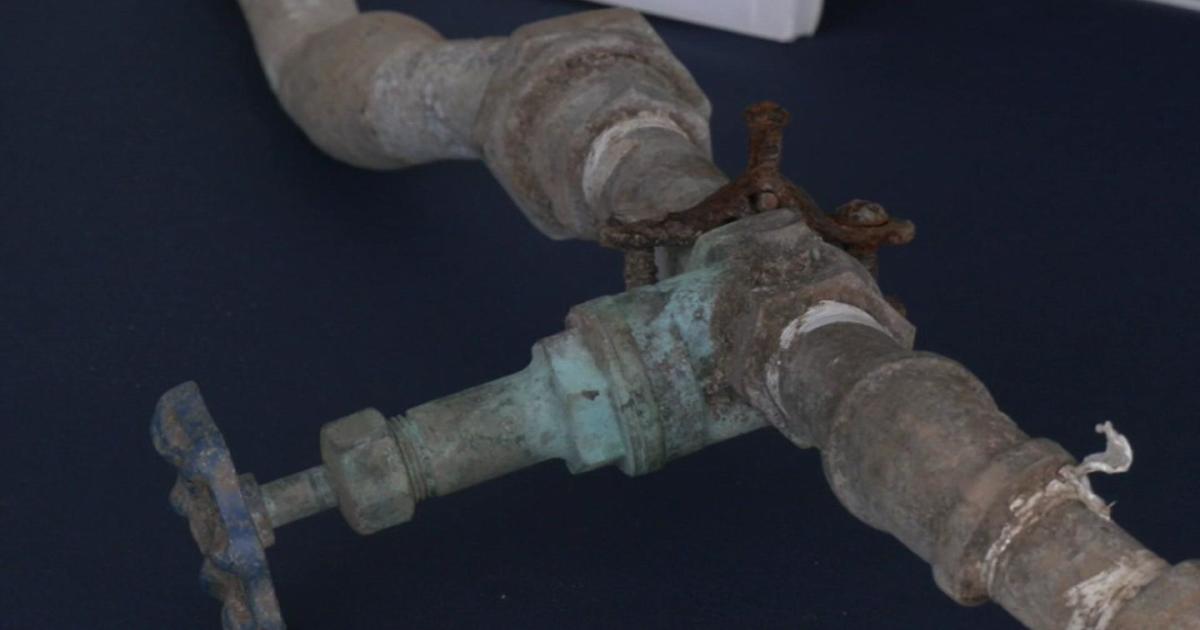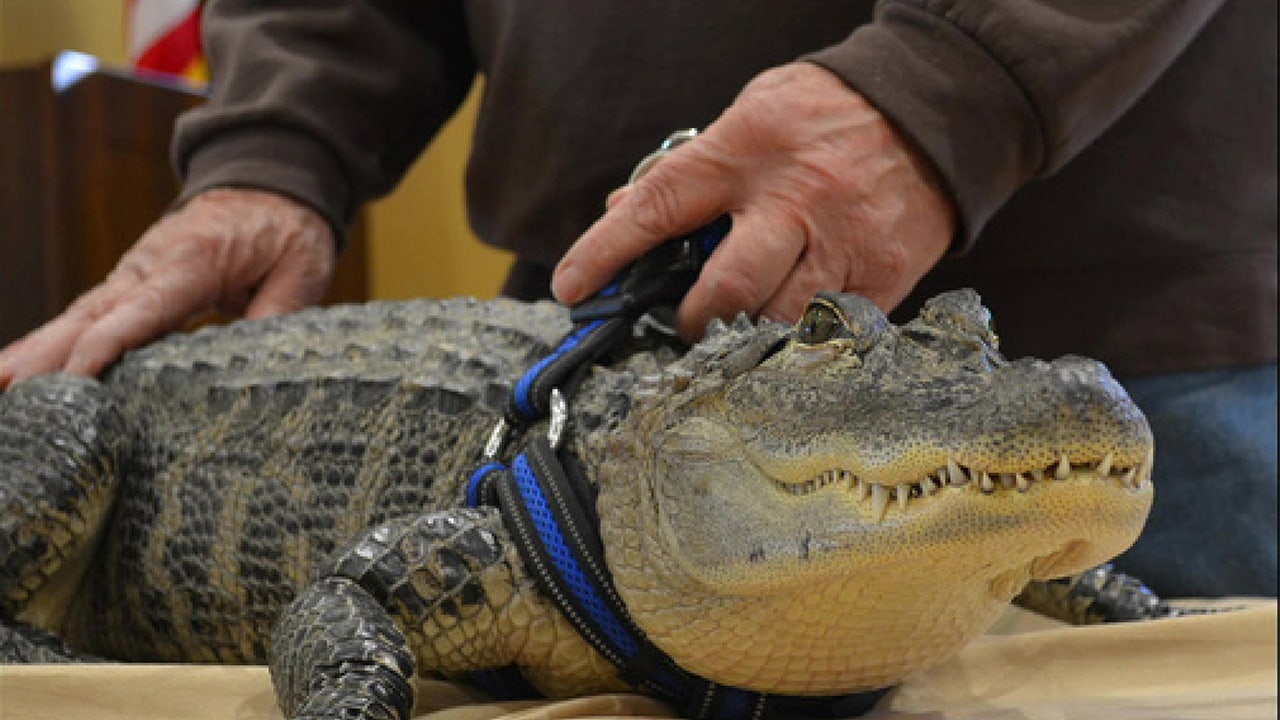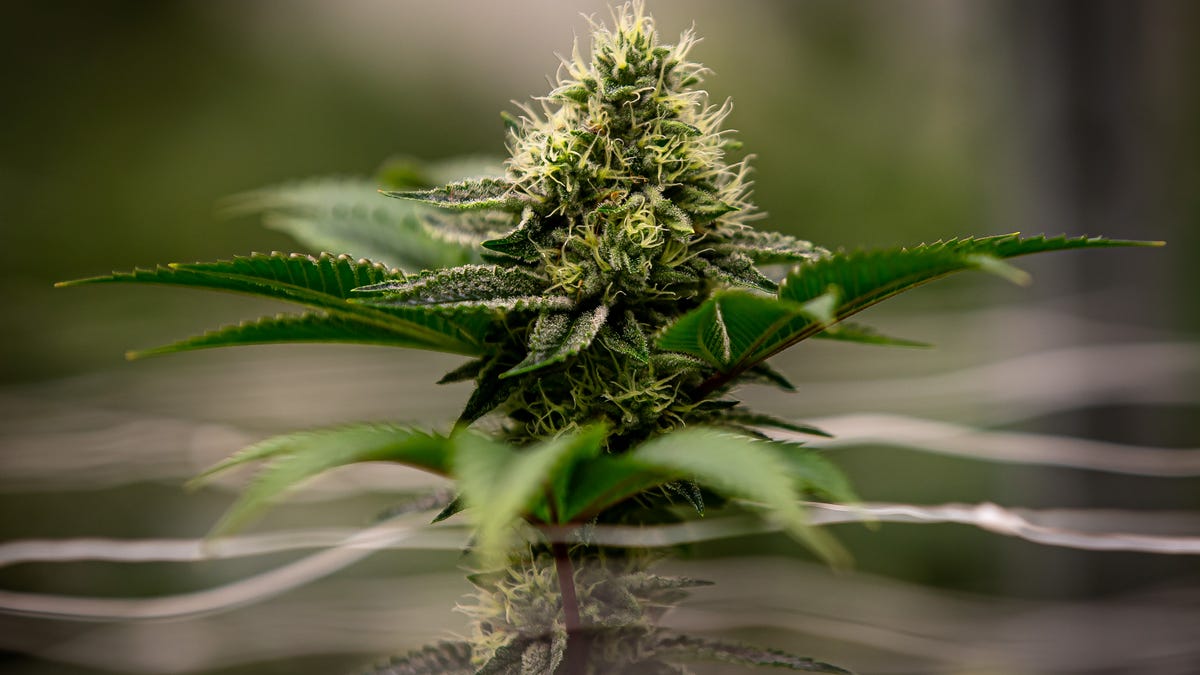Pennsylvania
Grüner Veltliner white wine could be the toast of Pennsylvania, study suggests

States that are associated with signature varietals of wine can realize an economic benefit—some examples are regions in California linked with zinfandel, cabernet sauvignon and chardonnay, Oregon with pinot noir and the Finger Lakes region of New York with riesling. Now, a new study by Penn State researchers suggests that there is potential for Pennsylvania to join that list.
In findings published in International Journal of Wine Business Research, they report that a wine grape cultivar called Grüner Veltliner could bring recognition to the Keystone State and attract consumers. The vines, which grow well in cool climates, were first planted in Pennsylvania around 2003, the researchers noted. Since then, production has expanded across the Mid-Atlantic region, though acreage is still low relative to other cool-climate white grape cultivars.
Wine made from a signature grape cultivar could provide a point of differentiation for Pennsylvania, explained lead researcher Kathy Kelley, professor of horticultural marketing and business management in the College of Agricultural Sciences. The association can be used to promote the state’s wine industry and more.
“Being associated with Grüner Veltliner wines could increase tourism and be used in marketing to highlight local cuisine and history,” she said. “Our study aims to determine white wine drinkers’ interest in Grüner Veltliner wine, a potential signature wine for the commonwealth, and identify the consumer segments likely to look for and purchase this wine varietal.”
Field trials were conducted to determine the suitability for production in the state and a trained panel of wine consumers evaluated wine produced from Pennsylvania-grown Grüner Veltliner grapes to assess potential regional differences in sensory profiles. In the past five years, the researchers pointed out, Pennsylvania Grüner Veltliner wines have received several accolades and awards. The wine won the “Best Dry Wine” category at a state competition.
According to Wine Enthusiast, “The Grüner Veltliner grape is versatile and can produce a wide array of wines, from light and quaffable to rich and concentrated.” The best dry Grüner Veltliners, the website stated, “are perfumed, bone dry and full bodied, with high acidity and distinctive notes of spice and white pepper.”
Grüner Veltliner wine grapes are widely grown in Austria, comprising about a third of the country’s total area under vine, the researchers said. It is recognized as the flagship variety grown in Austria, Kelley said, contributing to knowledge of the varietal that could lead to a thirst to try Pennsylvania grown and produced versions.
In the study, 676 wine consumers from the Mid-Atlantic region were surveyed and compared, based on their familiarity with Grüner Veltliner wine, their propensity to try new-to-them wines and the likelihood of looking for and purchasing Pennsylvania Grüner Veltliner wine. Although only a third of participants had some experience with Grüner Veltliner wine, 77% were “somewhat interested” to “very interested” in being able to sample and taste the wine, and 67% were “somewhat likely” to “very likely” to look for and purchase the wine.
Age, wine-consumption behavior, familiarity with Pennsylvania wine and Grüner Veltliner wine differed between participants, based on their variety-seeking ratings, which the researchers assessed based on answers to a questionnaire.
“Efforts to promote lesser-known wines need to be focused on identifying the likely buyers—especially those who tend to try new products or seek greater diversity in what they consume,” Kelly said. “Variety seekers look for new and novel stimulus, and it is this quest for novelty that prompts consumers to try wines that are unfamiliar to them.”
Study results present evidence of potential demand for a signature wine in Pennsylvania, the researchers suggest, adding that the research provides direction for targeted marketing and related promotional strategy, along with identifying wine that consumers are interested in tasting and purchasing.
Based on efforts to achieve recognition in other states, Kelley said, Pennsylvania likely will have to invest in developing coalitions to promote a signature grape cultivar.
“But if Grüner Veltliner wines gain a reputation for being consistently good across vintages and wineries, consumers are expected to sample and consume other wines and food products produced locally, thus driving further economic development,” she said.
“With these potential benefits, it would be prudent for state and regional wine industry organizations to consider establishing the wine grape cultivar as a signature varietal.”
More information:
Kathleen Kelley et al, Evaluating white wine consumer interest in Grüner Veltliner: a potential signature varietal for Pennsylvania, International Journal of Wine Business Research (2024). DOI: 10.1108/IJWBR-04-2023-0020
Provided by
Pennsylvania State University
Citation:
Grüner Veltliner white wine could be the toast of Pennsylvania, study suggests (2024, April 23)
retrieved 23 April 2024
from https://phys.org/news/2024-04-grner-veltliner-white-wine-toast.html
This document is subject to copyright. Apart from any fair dealing for the purpose of private study or research, no
part may be reproduced without the written permission. The content is provided for information purposes only.

Pennsylvania
Pennsylvania regulatory health boards condemn conversion therapy

All five relevant state regulatory boards in Pennsylvania have approved a policy opposing conversion therapy for minors and warning the professionals they license that they may be disciplined for violating it.
The state Board of Nursing Thursday joined the boards of Medicine, Psychology, Osteopathic Medicine, and Social Workers, Marriage and Family Therapists, and Professional Counselors, which all voted recently to adopt new statements of policy saying minors should not be subjected to the discredited and harmful practice. Conversion therapy seeks to turn LGBTQ+ people straight and/or cisgender.
“This decisive action makes clear that there is no place for the harmful, dangerous practice of conversion therapy here in our Commonwealth,” Gov. Josh Shapiro, a Democrat, said in a press release. “We value real freedom here in Pennsylvania — and no matter what you look like, where you come from, who you pray to, or who you love, you should be able to express who you are and be free from harassment and discrimination. My Administration will continue working to make sure that everyone is protected, feels welcome, and can thrive in the Commonwealth of Pennsylvania.”
The new policies notify licensees that all five boards consider the use of conversion therapy to be unprofessional, harmful conduct and that any licensee engaging in it may be subject to administrative discipline.
“Since hateful rhetoric and pseudoscience still dominate the clinical experiences of many LGBTQ+ Pennsylvanians, knowing that our state oversight boards saw fit to pass these protections is a small weight off of our shoulders,” Ashleigh Strange, executive director of the Governor’s Advisory Commission on LGBTQ+ Affairs, said in the release. “This is a solid step toward letting folks know that identifying as LGBTQ+ is not a disease or a crime in Pennsylvania. You have a safe place here.”
The Trevor Project, which assists LGBTQ+ young people in crisis, including those considering suicide, told state boards this year that conversion therapy remains an issue in Pennsylvania despite an August 2022 executive order from then-Gov. Tom Wolf aimed at discouraging the practice. Legislators have attempted to pass bills outlawing use of conversion therapy on minors, but those bills have all stalled.
Troy Stevenson, director of state advocacy campaigns at the Trevor Project, issued a statement praising Pennsylvania’s action. “The Trevor Project’s research found that young people who reported undergoing conversion therapy were more than twice as likely to report having attempted suicide in the past year,” he said. “Knowing that an estimated 44 percent of LGBTQ+ youth, including 54 percent of transgender and nonbinary youth, in Pennsylvania seriously considered suicide in the past year, these actions are especially critical for ensuring the health and safety of young people across the state. We are grateful to the Shapiro administration, the Pennsylvania Commission on LGBTQ Affairs, the National Association of Social Workers Pennsylvania Chapter, the Pennsylvania Psychological Association, PFLAG, National Center for Lesbian Rights, the Human Rights Campaign, and mental health professionals and advocates across the commonwealth, for their work over the last several years to protect the mental health and well-being of young people across the commonwealth.”
Twenty-two states and the District of Columbia have banned the use of conversion therapy on minors, according to the Movement Advancement Project. Five other states and Puerto Rico have taken actions that amount to a partial ban. Numerous cities and counties have enacted bans as well.
The American Medical Association, American Psychiatric Association, American Psychological Association, and many other professional groups have repudiated the practice due to lack of scientific evidence supporting it and the risk of harm it poses to minors.
Pennsylvania
As spring flowers bloom, Callery pear trees can no longer be planted in Pa.

From Philly and the Pa. suburbs to South Jersey and Delaware, what would you like WHYY News to cover? Let us know!
Sought after for its fluffy white blossoms, the Callery pear tree has been a popular feature on people’s lawns for decades.
The ornamental tree, known for its pungent and sometimes foul smell, is one of the first to bloom in early spring.
“I think the biggest reason that they’re popular is because of the showy white flowers, and because the canopy stays relatively narrow,” said arborist Jason Parker, of Davey Tree Company. “So in a development, it was a good tree to plant in peoples’ front yards — it kind of increases the curb appeal.”
However, birds and other animals can spread the seeds, so the trees grow vastly and crowd out native plants, disrupting ecosystems.
Pennsylvania stopped the sale of the majestic tree, native to Asia, in February. The state, which added the tree to its noxious weed list in 2021, is just one of more than a dozen that have recently banned — or want to ban — the tree.
“When you have one pear, typically you’re going to see a whole bunch more sprout up around it,” Parker said. “It’s going to kind of be the big bully, and overtake the other potentially more desirable species that may not grow as quickly or as prolifically.”
Pennsylvania
Biden administration announces $152 investment in Pennsylvania for lead pipe replacements

PITTSBURGH (KDKA) — The Biden administration has announced that more than $3 billion is being invested nationwide in lead replacements and more than $152 million of that money is coming to Pennsylvania.
“Across our region, states are getting boosts from the Bipartisan Infrastructure Law that will improve lives, strengthen communities, and protect our most vulnerable populations,” said EPA Mid-Atlantic Regional Administrator Adam Ortiz. “This funding brings us much closer to replacing all lead service lines throughout the nation.”
“The Pennsylvania constitution guarantees the right to clean drinking water, but lead pipes pose critical health concerns to families across the Commonwealth,” said U.S. Senator Bob Casey. “Thanks to the infrastructure law, Pennsylvania will receive yet another round of funding to replace dangerous lead service lines. With this funding, we are restoring trust in our water supply, so that no family needs to think twice about drinking from the tap.”
Replacing lead pipes is expected to improve public health and clean drinking water.
-

 News1 week ago
News1 week agoLarry Webb’s deathbed confession solves 2000 cold case murder of Susan and Natasha Carter, 10, whose remains were found hours after he died
-

 World1 week ago
World1 week agoHaiti Prime Minister Ariel Henry resigns, transitional council takes power
-

 News1 week ago
News1 week agoFirst cargo ship passes through new channel since Baltimore bridge collapse
-

 World1 week ago
World1 week agoSpanish PM Pedro Sanchez suspends public duties to 'reflect'
-

 World1 week ago
World1 week agoUS secretly sent long-range ATACMS weapons to Ukraine
-

 Movie Reviews1 week ago
Movie Reviews1 week agoHumane (2024) – Movie Review
-

 News1 week ago
News1 week agoAmerican Airlines passenger alleges discrimination over use of first-class restroom
-

 Education1 week ago
Education1 week agoVideo: Johnson Condemns Pro-Palestinian Protests at Columbia University

















